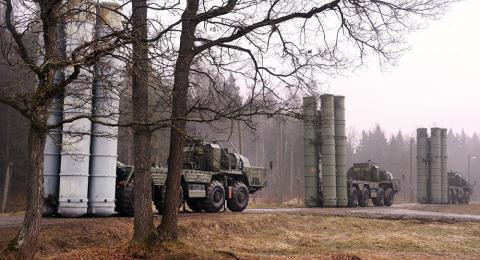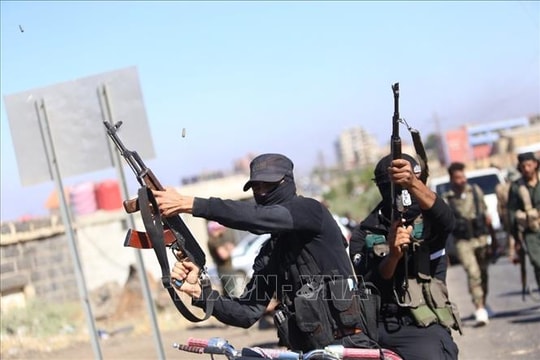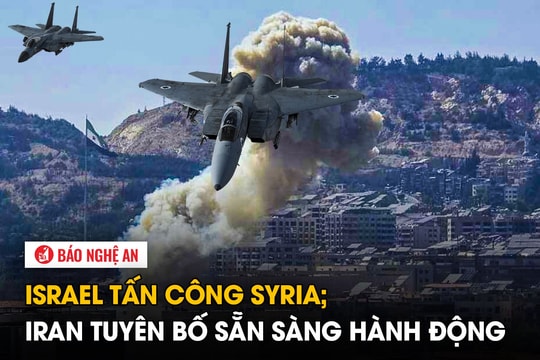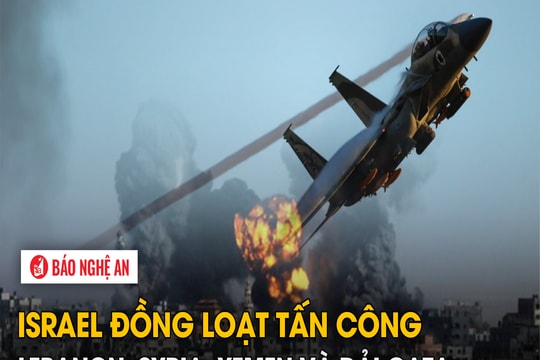Israel admits shock: Not daring to strike Syria because of fear of S-300
Ksenia Svetlova, a member of the Israeli Defense Committee, has just revealed that the Israeli Air Force has not carried out any airstrikes on Syria since having the S-300.
The surprising information was given by Ms. Ksenia Svetlova on November 5 at a press conference in Tel Aviv: "The Israeli Ministry of Defense has not ordered any airstrikes on Syrian territory since Russia transferred the S-300 air defense system to the Damascus government."
She added: "It is the S-300 system, not any other weapon, that has changed the balance of power in the Middle East."
|
| S-300 air defense system. |
Although this is the first time admitting that it has not carried out airstrikes in Syria since the presence of the S-300, it does not surprise many people because previously, Western media and Syria had confirmed this.
Specifically, in a statement on November 4, the Syrian Ministry of Defense said that the Israeli Air Force has not once dared to conduct airstrikes inside Damascus territory after the Il-20 incident and after Russia handed over the S-300 air defense system.
However, in recent days, the Israeli Air Force has often flown near the border from eastern Lebanon, but then they return to base rather than dare to violate Syrian airspace.
According to some experts, the reason why Tel Aviv does not dare to use force is not only because of the power of the S-300 but also because of the fear of Russia's tough statements.
Specifically, at the same time as transferring the S-300 to Syria, Moscow affirmed that Syrian air defense command posts and air defense units will be equipped with automatic control systems, which have so far only been provided to the Russian armed forces.
This will ensure centralized management of all Syrian air defense forces and facilities, monitoring of the air situation and receiving quick, accurate command of target designations.
Along with that, Russia will conduct electronic suppression of satellite navigation, airborne radars and communication systems of aircraft attacking targets in Syrian territory in areas bordering Syria in the Mediterranean Sea.
It can be said that the above two points are the most crucial technical factors that Russia has deployed and implemented very seriously and carefully, without any loopholes, in which the electronic coordination and interaction of the system is extremely important and is given special attention...
Tactically, each unit will not stand still but will have many reserve positions, ready to move during the attack by Israeli aircraft. Each battalion has at least 3 reserve positions, including a position used for decoys to deceive the enemy, where sensors are placed, emitting the same frequency as the unit's frequency, so that the enemy can attack the wrong targets...
All of this is creating an extremely difficult obstacle that the Israeli Air Force - including the F-35I stealth fighter - does not dare to risk overcoming.








.jpg)
